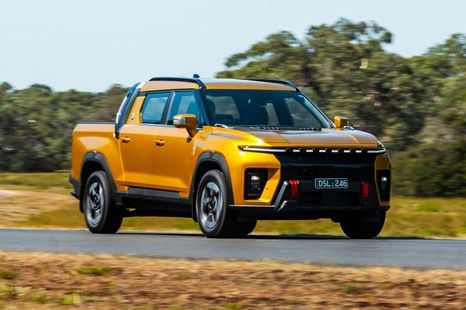

Ben Zachariah
2026 KGM Musso EV review
1 Hour Ago
The Volkswagen Group will debut a new scalable, shareable all-electric platform in 2026 that'll replace five of its existing platforms.

News Editor
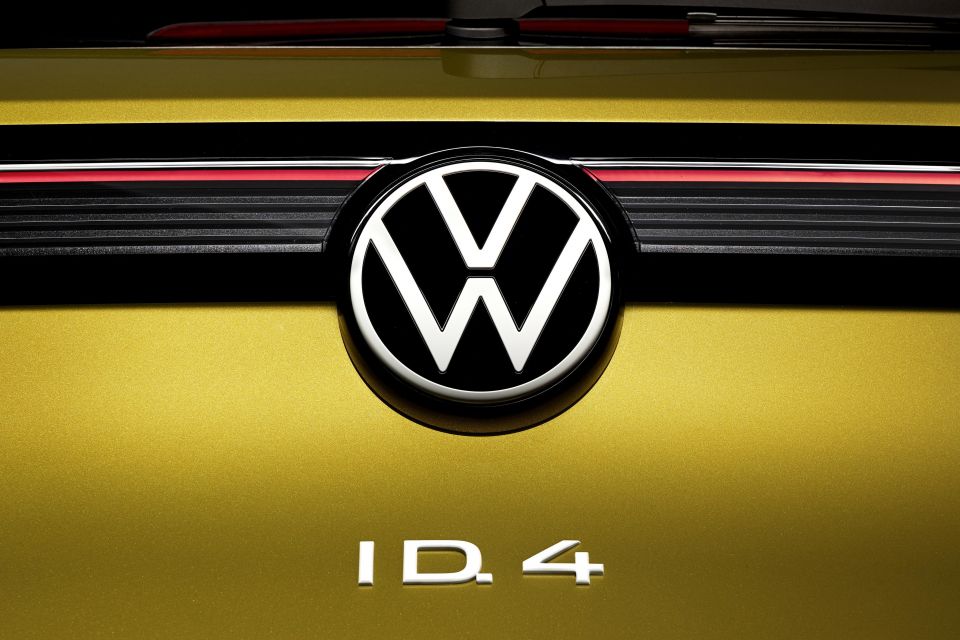

News Editor
The Volkswagen Group is planning to dramatically cut the number of platforms it uses.
It’ll introduce a new architecture (essentially the bones on which a car is built) – the all-electric Scalable Systems Platform (SSP) – in 2026, which will serve as “one unified architecture for the whole product portfolio”.
This will be the successor of not only today’s MEB and PPE all-electric architectures, but also the MQB, MSB and MLB architectures currently used for internal-combustion engine vehicles.
That means it’ll be highly scalable, with models on those existing architectures ranging in size from light hatchbacks (the MQB-based Volkswagen Polo) to full-sized luxury sedans (the MSB-based Bentley Flying Spur).
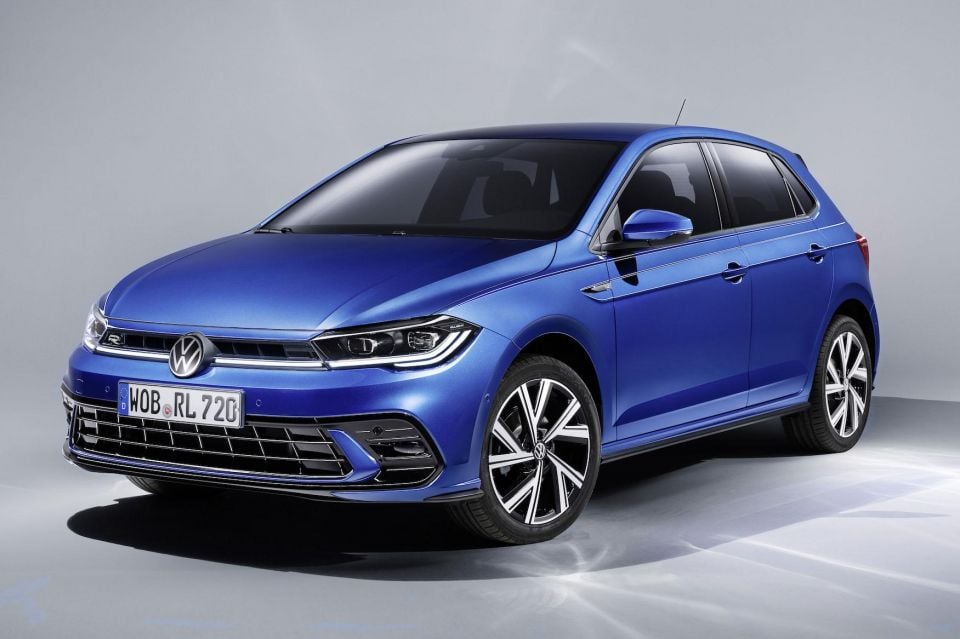
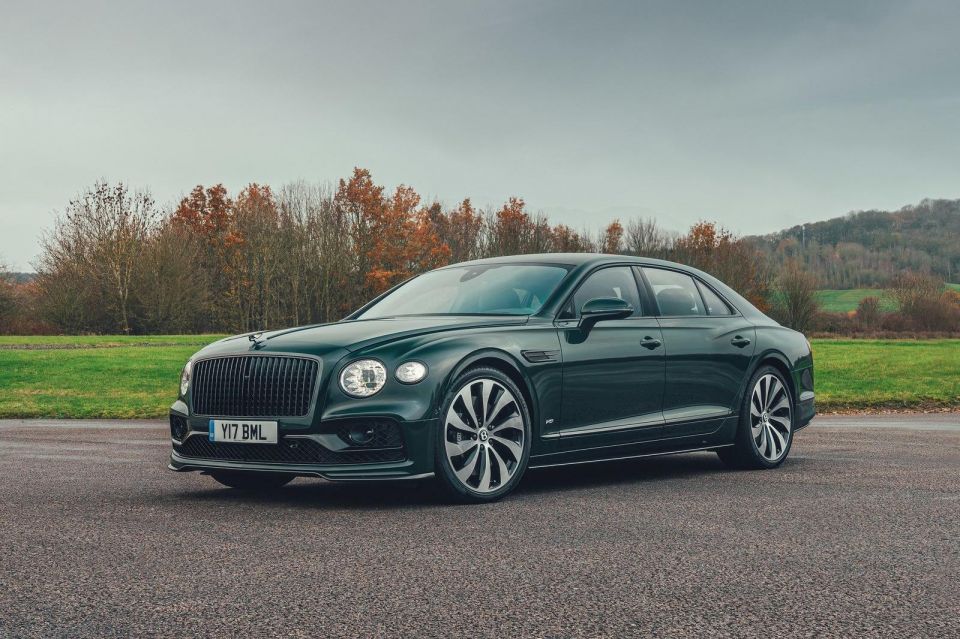
Like the MEB architecture, the Volkswagen Group will make the SSP available to other automakers, and it’s predicting a whopping 40 million vehicles will be produced on the architecture over its lifetime.
The Volkswagen Group is investing €800 million (A$1.26 billion) in a new research and development facility in Wolfsburg where it’ll design the core of the architecture and its modules.
“Introducing the SSP means leveraging our strengths in platform management and building on our capabilities to maximize synergies across segments and brands,” said Audi CEO Markus Duesmann.
“In the long run, our SSP will significantly reduce complexity in mechatronics. Thereby, it is not only a central premise to lower CAPEX, R&D and unit costs compared to MEB and PPE and to enable the Group to reach its financial targets.”
Among the architectures the SSP is replacing is the Premium Platform Electric (PPE), which hasn’t even debuted yet.
The PPE will spawn its first models in 2022 in the shape of the Audi Q5 e-tron and the next Porsche Macan. It’s been co-developed by the two brands.
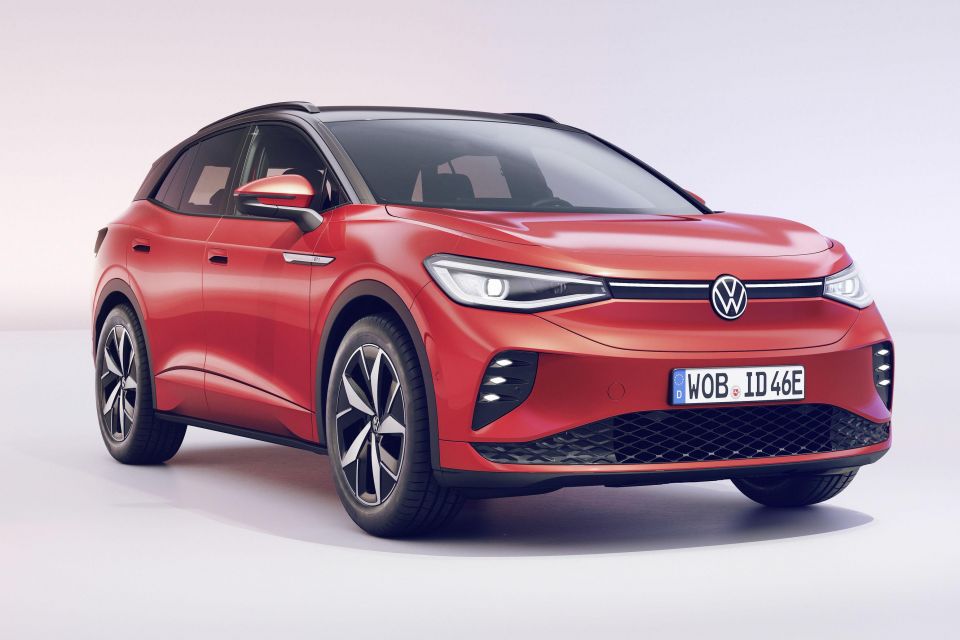
The MEB architecture is another one where the paint is still wet, having first appeared underpinning the Volkswagen ID.3 in 2019, while the Volkswagen Group is also working on an MEB Lite architecture for electric city cars.
The company hasn’t gone into detail about which vehicles will first use the SSP, though we know there’ll be at least one exception.
The next-generation Volkswagen Amarok is set to launch in 2022 and, if the current generation is anything to go by, will be on sale long after the first SSP-based Volkswagens launch.
It won’t use a Volkswagen platform, however, instead sharing its underpinnings with the next Ford Ranger. The Blue Oval brand, in turn, will use Volkswagen’s MEB architecture for European-market EVs.
Within the Volkswagen Group empire, there are also petrolhead delights like Porsche’s 911, as well as the entire Lamborghini range.

Both brands are embracing electrification, however. Lamborghini will introduce its first EV in the second half of this decade, while Porsche will soon introduce a Macan EV.
The Stuttgart brand’s Taycan is off to a smashing start, with the new EV currently outselling the iconic 911 in Australia through the end of June 2021.
The Volkswagen Group is aiming to reduce the carbon footprint of each of its cars over its lifecycle by 30 per cent compared with 2018.
By that time, it expects EVs to account for 50 per cent of its sales, with the company projecting internal combustion engine sales to decline by more than 20 per cent over the next decade.
By 2040, nearly 100 per cent of all its new vehicles in “major markets” should be zero-emission, ahead of a 2050 goal to be entirely climate neutral.
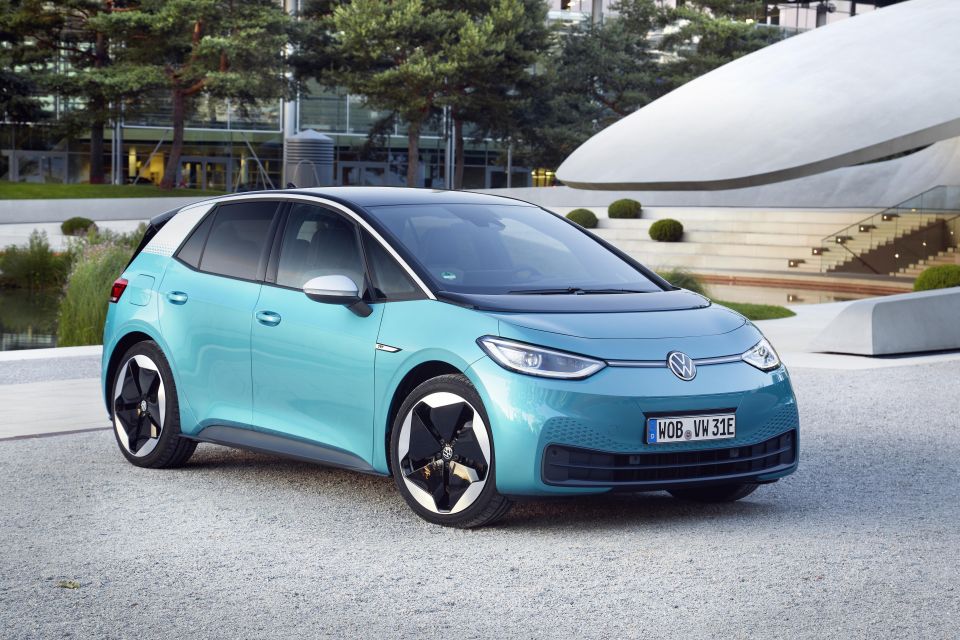
The Group’s namesake brand will do a staggered phase-out of its internal combustion engine vehicles.
The company’s sales director, Klaus Zellmer, told the Muenchner Merkur newspaper it’ll end sales of internal combustion engine (ICE) vehicles in Europe between 2033 and 2035.
He said ICE sales would end in the US and China “somewhat later”.
Zellmer also specified a third tier of markets, citing only South America and Africa specifically, as taking “a good bit longer” due to “the lack of political and infrastructural framework conditions”.
Though Zellmer didn’t specify where Australia sits, a Volkswagen Group Australia spokesperson said we effectively fit into the third tier.
Bentley will only sell EVs after 2030, while the Audi brand will go all-electric by 2033 except for China.
William Stopford is an automotive journalist with a passion for mainstream cars, automotive history and overseas auto markets.


Ben Zachariah
1 Hour Ago


James Wong
1 Hour Ago
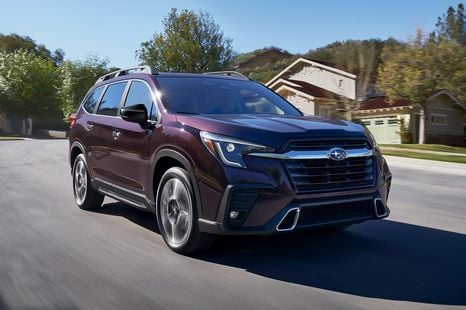

James Wong
1 Hour Ago
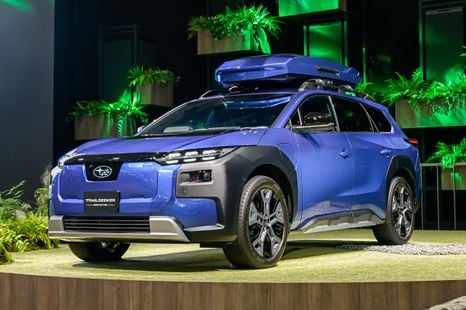

James Wong
1 Hour Ago
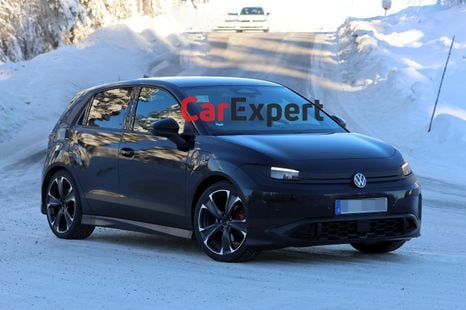

Damion Smy
8 Hours Ago
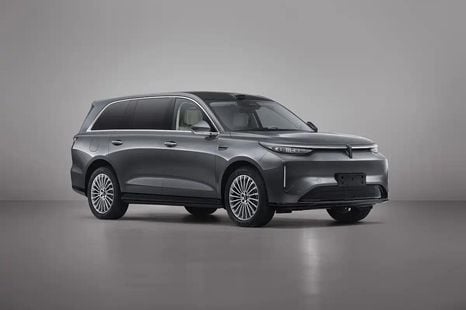

William Stopford
9 Hours Ago
Add CarExpert as a Preferred Source on Google so your search results prioritise writing by actual experts, not AI.